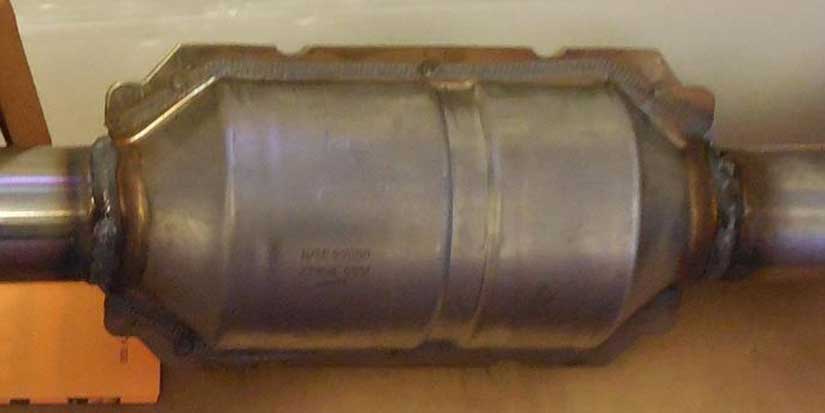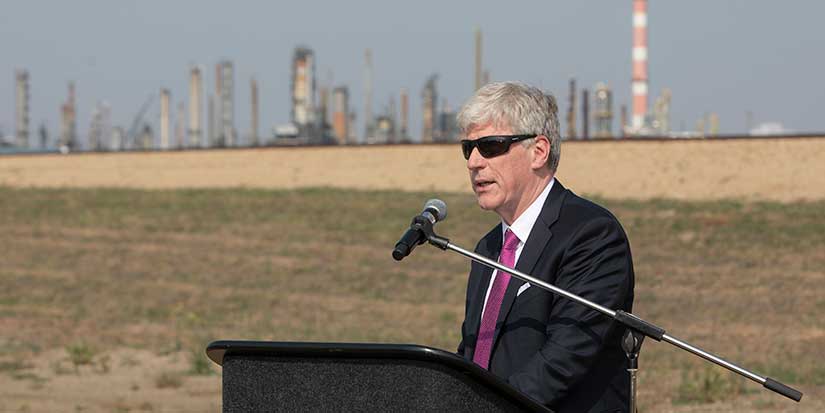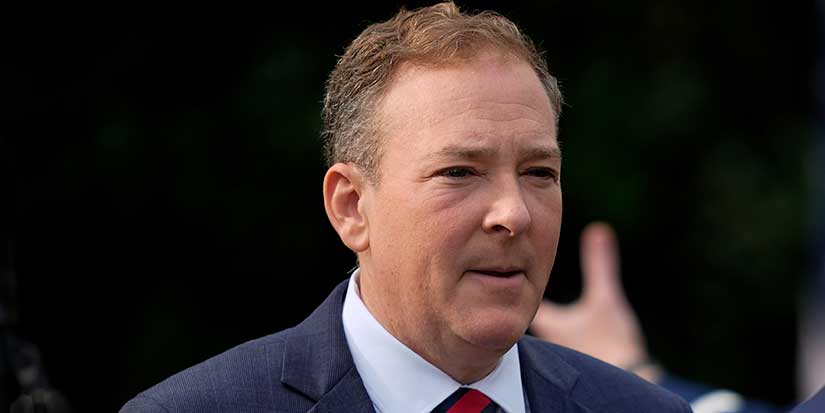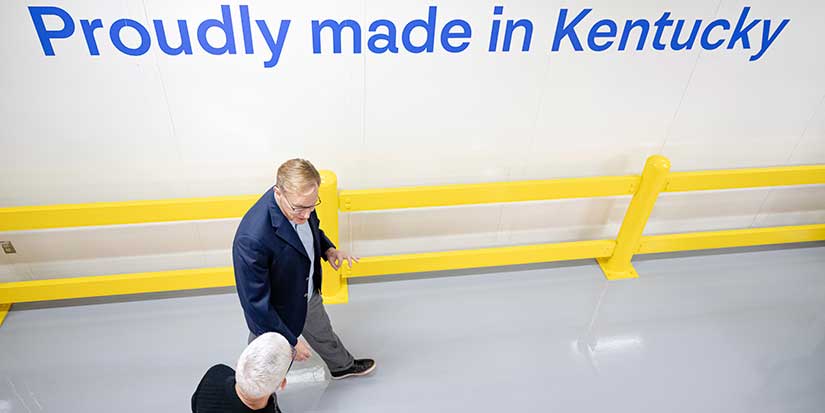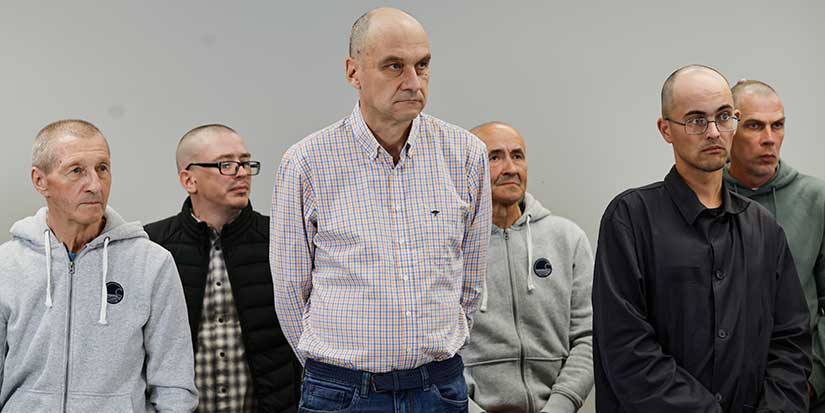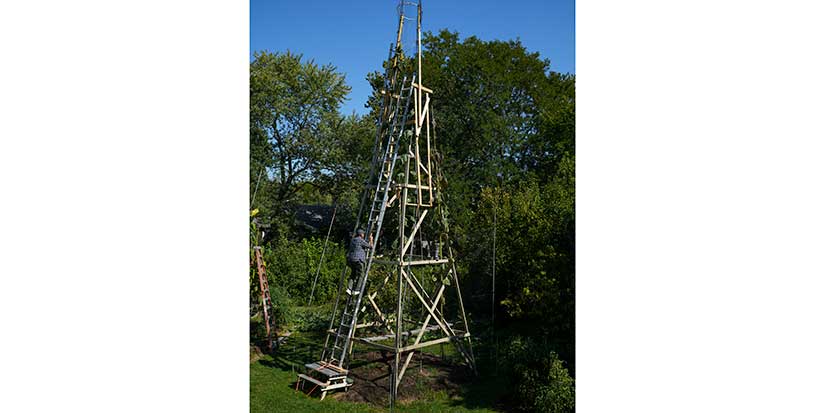Latest News
New regulations fight rising catalytic converter thefts

Published 10:48 PDT, Wed March 16, 2022
—
The province is aiming to deter catalytic converter thefts through new regulations and stronger measures.
A catalytic converter is an exhaust emission control device that reduces pollutants in exhaust. Catalytic converters contain precious metals and have been a target for thefts due to the increase in the prices of those metals.
An amendment made to the Metal Dealers and Recyclers Regulation (MDRR) regulates catalytic converters that are not attached to an exhaust system. This requires registered metal dealers to report each transaction, including information about the seller, to police on the day of sale.
"We are changing the rules to better fight thieves who steal catalytic converters," said Mike Farnworth, Minister of Public Safety and Solicitor General. "These thefts create costs and consequences to the livelihoods of British Columbians and this change reduces the incentive to steal them in the first place."
Catalytic converters can be sold to metal dealers without providing information about the seller, allowing them to remain anonymous. These updates to the MDRR, which were proposed by stakeholders such as the BC Association of Police Boards, will support police in locating illicit sellers and stolen items, and disrupting the distribution of stolen items.
"The theft of catalytic converters is a serious problem and we are happy to have consulted with the province to help curb this illegal activity," said Charla Huber, president of the BC Association of Police Boards. "We are pleased that the Metal Dealers and Recyclers Regulation has been amended to include catalytic converters where they are detached from an exhaust system. We believe this provides police with an important tool to close the channel on those who steal and resell these items."
ICBC claims for catalytic converter thefts in B.C. have climbed from 89 in 2017 to 158 (2018), 602 (2019), 1,065 (2020) and 1,953 (2021). Claim costs for catalytic converters during the same time increased from $356,950 (2017) to $4,059,081 (2021).
